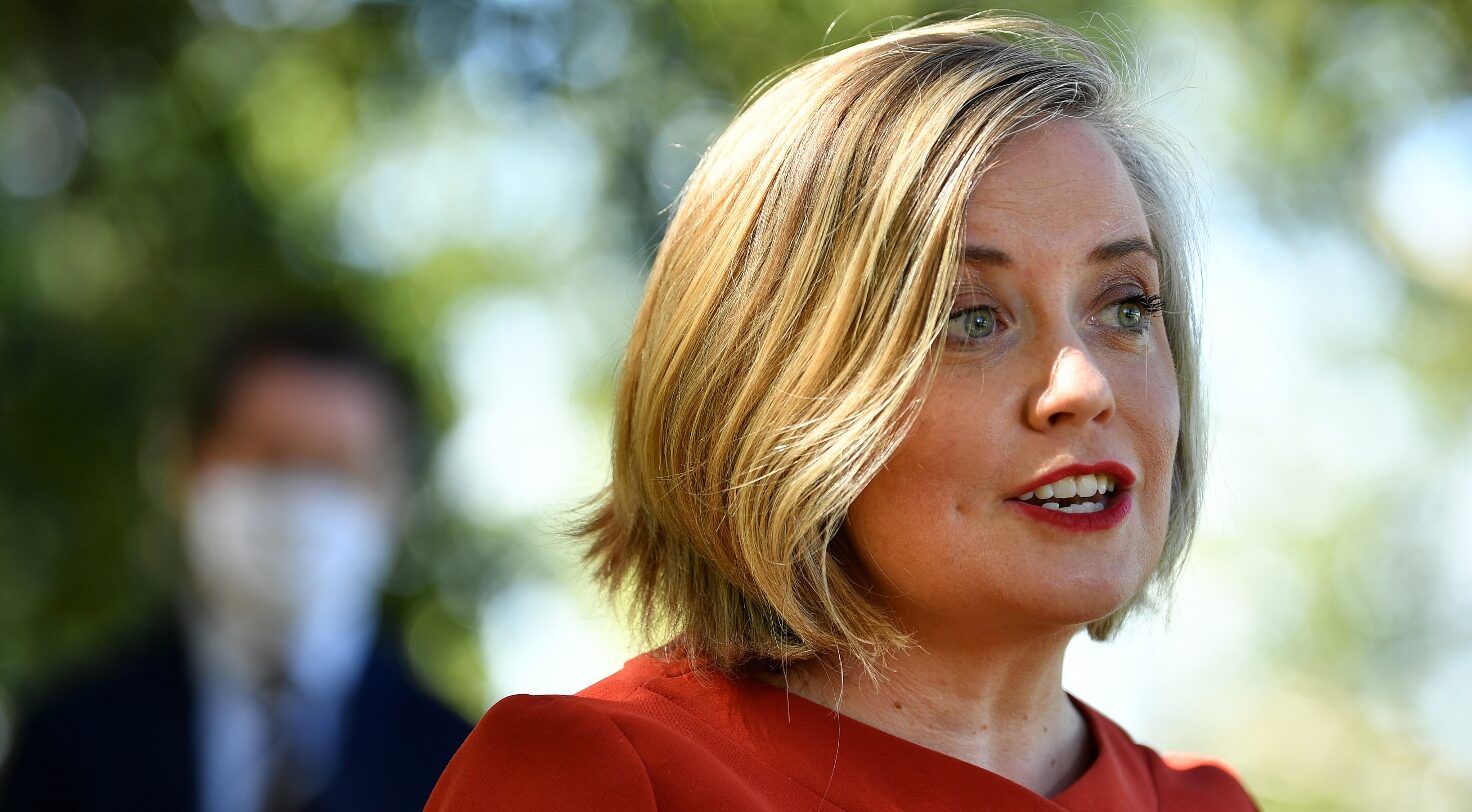
Finding a price in the smoke stack

As celebrities, economists and environmental activists show support for a carbon tax through TV appearances, full-page newspaper ads and a thousands-strong rally in Sydney, details of how the tax will work are still unknown.
So what do locals think? How much are they willing to pay?
City News sought comments at Bondi Junction shopping centre last Saturday to check out the local support for a carbon tax, and thoughts on the potential increase in living costs.
Bondi resident William (surnames withheld), a 46-year-old mechanical and environmental engineer, strongly supported the tax.
“There is climate change definitely going on. We are all aware of that,” he said. “I do support a carbon tax but it has to be configured in such a way that it targets the main polluters, not small business.
“I fully agree with Malcolm [Turnbull]’s point of view on emissions trading schemes and carbon tax.”
He also said while he would be willing to see his cost of living increase, provided he has proof of change in carbon emissions, not everyone may be able to afford it.
“I’m certainly happy to pay $10 a week, $500 a year, to see some proof of what is actually happening in the environment.”
Opposed to a tax was Berrick, a 48-year-old Bronte worker in the transport industry.
“The carbon tax is a poor excuse to incorporate another tax,” he said.
“I don’t think we should have a carbon tax at all, given our position in the world. China and India are pumping out millions times more and we shouldn’t be worried about it. Until they cut their carbon emissions, why should we worry about it?”
Nathan, 31, from Bronte said of a potential increase in living costs “If it’s a lot, then I wouldn’t want to pay it, if it’s not a huge amount, if I could see that there was some benefit for it, then I wouldn’t mind.”
Edwina, a 65-year-old woman from Kensington who works part-time as a PA, said she supported emissions reduction but that any tax needed to consider those on low incomes.
“We all have to take responsibility in our own way and I do believe that disadvantaged families should perhaps be exempt,” she said.
“You’d have to take into account those who aren’t working full time and I don’t know whether that would be something the government would be into.
“Not $20 a week, certainly, but $10, if necessary.”









